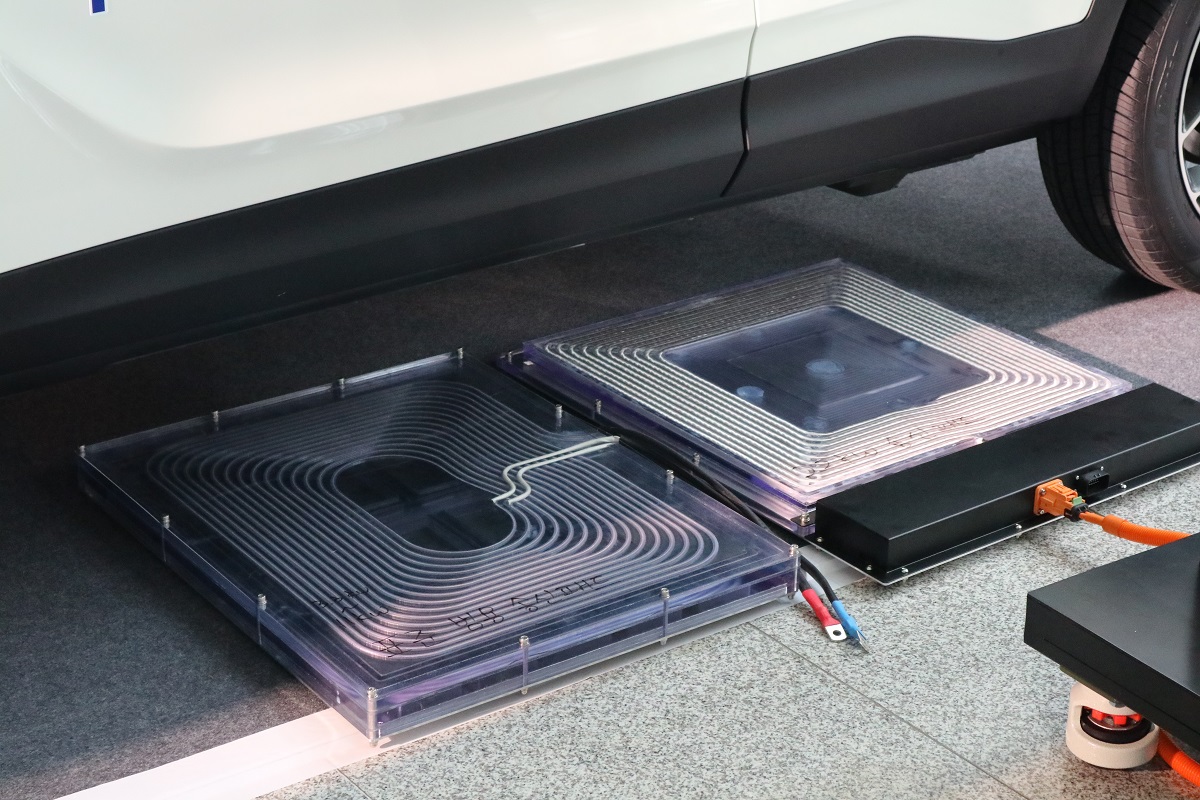과학기술정보통신부가 상업·산업용 로봇 등 IT 기기의 무선충전기 인증 기준을 기존 50W 이하에서 1kW 이하 제품으로 확대하는 제도 개선을 시행한다고 27일 발표했다.

▲모빌리티용 무선충전기 시제품
1kW 이하 무선충전기 적합성 평가 기준 마련
인증된 1kW 무선충전기, 설치 허가 불편 해소
과학기술정보통신부가 상업·산업용 로봇 등 IT 기기의 무선충전기 인증 기준을 기존 50W 이하에서 1kW 이하 제품으로 확대하는 제도 개선을 시행한다고 27일 발표했다.
이번 무선충전 제도 개선 시행으로 기존에 50W 초과 무선충전기 사용자는 설치 장소마다 별도로 허가를 받아 사용하던 것이, 1kW 이하 무선충전기까지는 인증 제품을 구매해 바로 사용할 수 있게 변경됐다.
이에 배달·서빙 로봇 등을 사용하는 소상공인은 무선충전기 설치 시 허가를 받는 불편사항을 해소해 제조사에서 적합성평가 인증을 받은 제품을 바로 구매해 사용할 수 있게 된다.
과기부는 지난해 9월 산업계 요청을 반영해 전문가들과 함께 무선충전기 전자파적합성 시험 기준, 안전성 검증 방법 등을 검토해 1kW 이하 무선충전기의 적합성 평가 인증 기준을 마련했다.
무선충전기는 유선충전기 대비 누전 및 감전 위험이 적고, 먼지 및 누수 등으로 인한 고장 위험이 낮아 배달 및 서빙 로봇 등에 사용하는 상업 시설에서 활용도가 높은 것으로 알려져 있다. 또한 스마트팩토리 등 산업환경에서 자동화 충전이 가능해 충전 관리 업무 감소 등 로봇 가동률 증가가 기대된다.
또한 충전 관리에 어려움이 있던 해상 풍력발전기 점검용 드론 및 산불과 산림 감시용 드론 등 안전 인프라 관리 차원에서 활용하는 드론에서 활용성이 높을 것으로 전망된다.
김남철 과기부 전파정책국장은 “이번 제도 개선으로 시장 활성화를 가로막는 애로사항을 선제적으로 해소해 IT 산업 활성화 기반을 조성해 나가고자 한다”면서, “앞으로도 관련 기술 개발과 확산이 이어지도록 적극 지원해 나갈 것”이라고 밝혔다.
